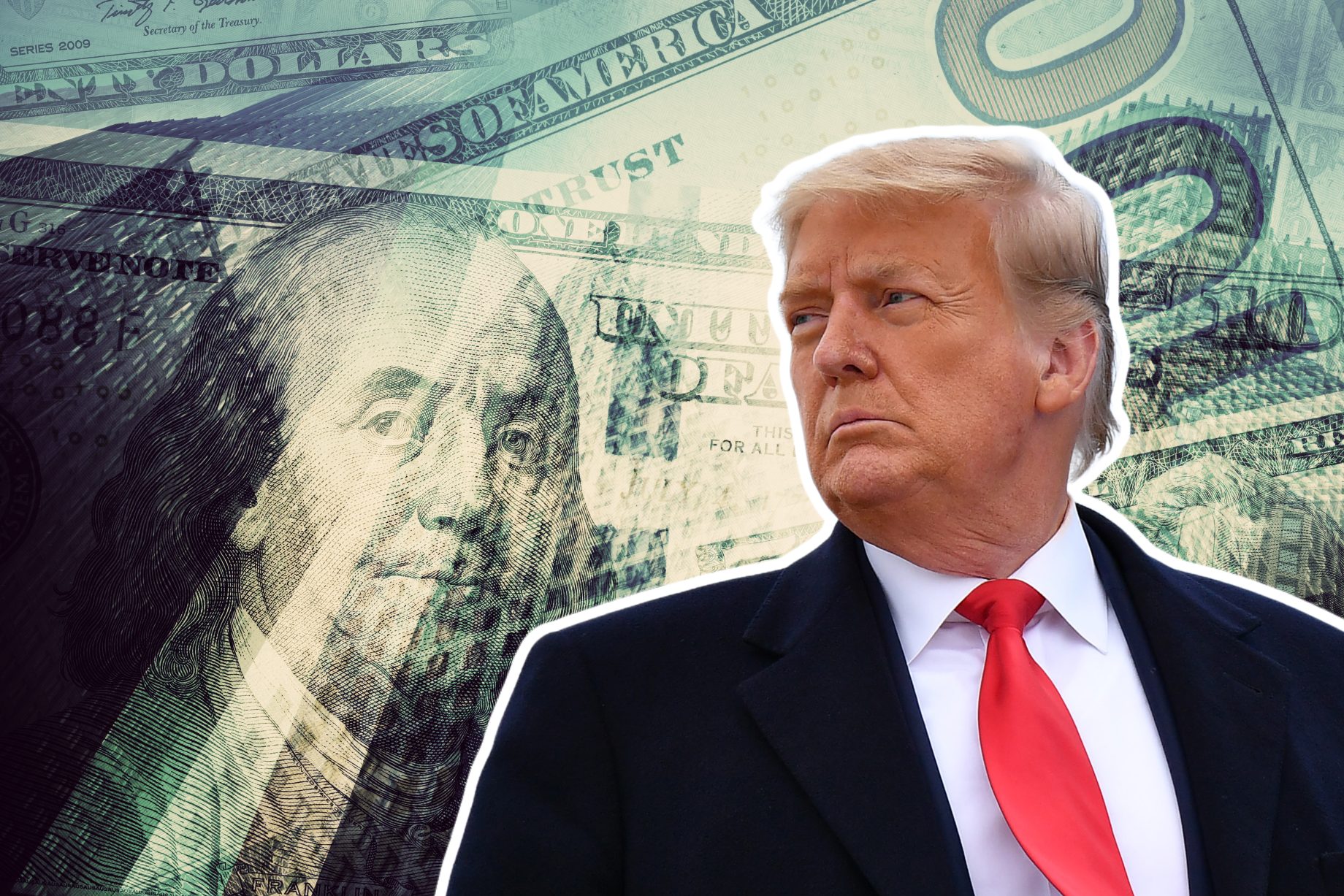In a bold declaration that underscores his economic strategy, President Trump announced plans to impose a 100% tariff on goods from countries that choose to abandon dollar-based trade transactions. This move, revealed during a rally in Wisconsin, is aimed at safeguarding the dominance of the US dollar in global markets—a cornerstone of Trump’s economic agenda.
For years, the international landscape has witnessed a gradual shift, with countries exploring alternatives to the dollar for bilateral trade. This trend has been led by economic powerhouses such as China, threatening to undermine the dollar’s longstanding supremacy. Trump’s proposed tariffs are a direct response to these developments, aiming to make it financially punitive for nations to bypass the dollar.
Trump’s decision reflects a growing concern over the weakening position of the US dollar under the current administration. The Biden administration has been criticized for policies perceived as diminishing the dollar’s global stature, especially as traditional allies increasingly align with China. Trump’s announcement is a clear attempt to counteract this trend, contrasting sharply with Biden’s approach by reinstating the dollar’s pivotal role in international trade.
The former president’s plan to enforce such tariffs echoes his broader protectionist trade policies, reminiscent of his earlier tenure. By imposing these tariffs, Trump aims to exert pressure on international players, compelling them to maintain the dollar as their primary trading currency. This strategy is designed not only to fortify the dollar’s status but also to boost the American economy by ensuring that global trade flows remain tethered to US currency.
However, the potential repercussions of this policy could be complex. While it might strengthen the dollar’s position, it could also strain diplomatic relations and disrupt existing trade agreements. Countries that have been diversifying their currency portfolios might view the tariffs as an economic coercion, leading to retaliatory measures and a potential escalation in trade conflicts.
Moreover, this decision comes in the wake of significant geopolitical shifts. Nations like Saudi Arabia have already begun contemplating alternatives to the dollar, a move that could reshape the dynamics of global energy markets. The expiration of the petrodollar agreement under Biden’s watch has further fueled these discussions, highlighting the urgent need for a robust response to preserve the dollar’s dominance.
As Trump positions himself for a potential return to the White House, his commitment to protecting the US dollar could resonate with voters concerned about America’s economic future. By drawing a stark contrast with the current administration’s policies, Trump is reinforcing his image as a staunch defender of American economic interests on the global stage. Whether this approach will yield the desired outcomes remains to be seen, but it undeniably sets the stage for a renewed focus on the strategic importance of the US dollar.


Leave a Comment